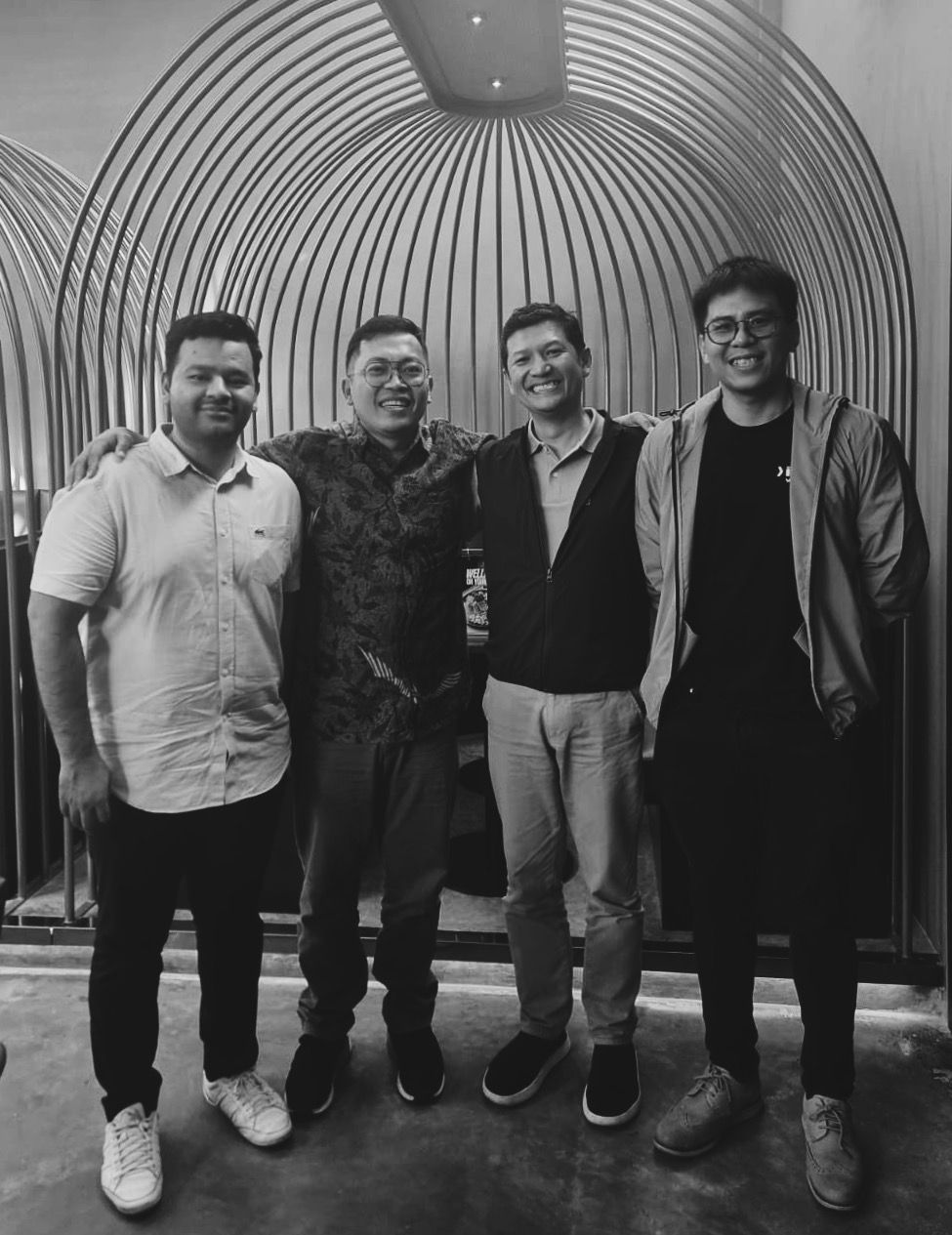
Torch, an Indonesian brand specializing in travel gear, has an ambitious goal.
“If Ikea wants to solve every problem you have at home, we want to do the same for when you’re outside,” its CEO and co-founder Ben Wirawan tells Tech in Asia in an exclusive interview.
Founded in 2015, Torch has recently received an undisclosed amount of funding from Init 6, the investment firm of Bukalapak founders Achmad Zaky and Nugroho Herucahyono.
Torch is the second direct-to-consumer brand that Init 6 invested in, the first being Indonesian mom and babycare retailer Gently. Init 6 partner Rexi Christopher notes that the VC firm is currently negotiating with several other D2C brands.
‘Not trend-driven’
Based in Bandung, Torch offers a variety of travel essentials such as backpacks, tote bags, and footwear. The company doesn’t manufacture its products in-house, instead relying on 30 production facilities across Java Island.
According to Wirawan, the company has been net profitable since 2018. Its 2023 revenue stood at nearly US$10 million, doubling from the previous year.
Torch currently operates nine physical stores in nine different Indonesian cities, with seven of these stores opened within the past 18 months.
Wirawan says the new funds will be used to reach its targets of having 50 stores by 2029 and exceeding US$70 million in annual revenue by the same year.
While Torch maintains a highly active online presence, including daily livestreams on TikTok, it still views opening brick-and-mortar stores as crucial to its user acquisition strategy, especially in cities outside Java.
Wirawan notes that 80% of the company’s online revenue comes from Java, where customers benefit from cheaper delivery costs and shorter delivery times compared to other regions in the country.
“In Indonesia, customers still put much value in brands having a local store presence. Therefore, even if we’re trying to convince people to buy online, we must first have a local store in place to gain their trust,” the CEO explains.
Torch has been experimenting with outsourcing some of its retail operations to third-party brand enabler WMI, which allows the company to focus more on “R&D and strengthening the brand,” according to Wirawan.
The D2C firm says it currently allocates up to 20% of its monthly production budget to develop new minimum viable products. Wirawan describes Torch’s design philosophy as “not trend-driven,” which explains how the company has an average of “three to four years of product life cycle.”
Among its top-selling items is a pair of anti-slip sandals, which has been a consistent bestseller for the past eight years, he notes.
Potential international expansion
Wirawan recognizes several established competitors in the local bag and luggage market, including 35-year-old brand Eiger, his former employer.
However, the CEO believes that his company is serving a wider audience than Eiger, which leans more toward “adventure gear.”
“Our internal research shows that market leaders [in Indonesia’s bag and luggage sector] collectively serve around 15% to 25% of the total market size at present. The rest is very fragmented among a lot of small brands,” explains Wirawan.
Torch adds that beyond Indonesia, it could consider expanding to Malaysia, Thailand, and the Philippines because of “strong foreign brand presence in these markets.”
“These three countries have relatively few local travel gear brands, which could provide us with a strong foothold. But for now, we want to set our focus on Indonesia first,” says Wirawan.
(Source: TechinAsia)



